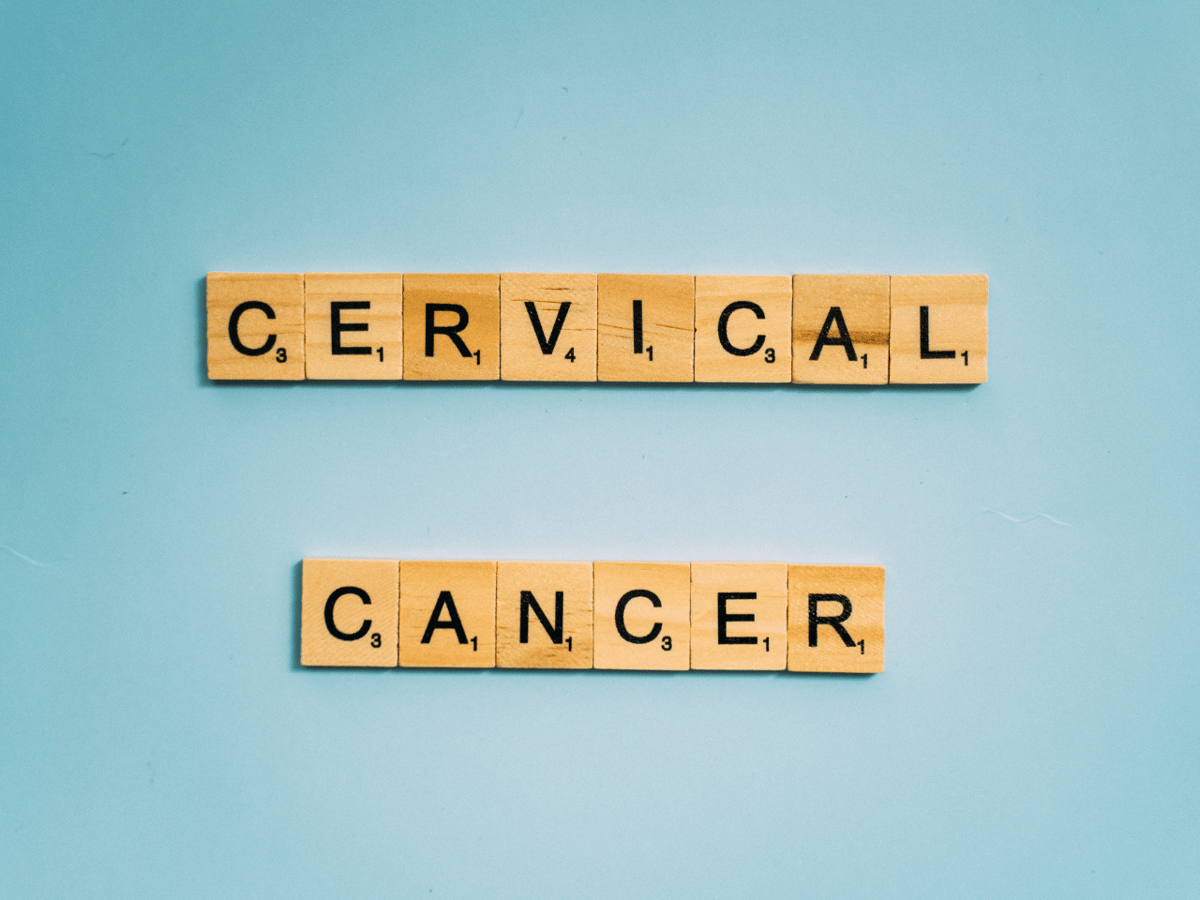Every year in Ireland around 300 women get cervical cancer with almost 90 of those women dying from it. In women aged 25-29 years, cervical cancer is the 2nd most common cause of death due to cancer.
To reduce the number of people diagnosed it’s essential for all women to be aware of the facts about cervical cancer and other gynaecologic cancers. Here are 9 facts you should know about cervical cancer:
- Cervical cancer is caused by the human papillomavirus (HPV). HPV is spread by skin-to-skin contact most commonly during sexual activity. Most sexually active people will have HPV at some point in their lives, but few women will get cervical cancer.
- There are more than 200 different HPV viruses. Some low-risk types can cause genetical warts. However, types 16 and 18 are responsible for most HPV related cancers, include cervical cancer.
- HPV can also cause cancers of the anus, vagina and penis and some types of mouth and throat cancers.
- Our body’s immune system clears the HPV infection in most cases. But smokers and those with a weakened immune system are at greater risk. If a high-risk HPV infection is not cleared it can start to cause cell changes that result in cancer.
- Cervical smear tests detect high risk forms of HPV in women to check for early changes in their cervical cells before they become cancerous. HPV vaccinations are a way to prevent HPV infections from occurring in the first place, and are most effective for girls and young women before they become sexually active
- Cervical cancer usually takes years to develop, so there’s plenty of time to catch it early. When cell changes are picked up before they become cancerous they are very treatable with an outpatient procedure and/or coloscopy. When caught in the early stages cervical cancer has a good survival rate.
- Gynaecologic cancers are often diagnosed at later stages because the symptoms can be hard to spot. That’s why it’s important to see a doctor regularly and get screened. Women aged 25 to 29 are screened every 3 years, while women aged 30 to 65 are screened every 5 years. Make sure you’re signed up to the CervicalCheck register to get reminders for when your next screening test is due.
- Symptoms of cervical cancer in the early stages include bleeding between periods and after sex, heavier periods than usual, unexplained pelvic pain and unusual vaginal discharge.
- Once cervical cancer reaches the more advanced stage, there are several effective treatments. Main treatments include: surgery where the doctors remove the cancerous tissue, radiation therapy where high-energy rays kill the cancer and chemotherapy to shrink or kill the cancer.
Importance of Cervical Health
Cervical health is important for women and girls’ overall wellbeing and reproductive health as infections such as HPV can lead to complications such as infertility, complications during pregnancy and even cervical cancer.
By knowing the facts about cervical cancer, you can take steps to protect yourself and your loved ones. Be sure to talk to your doctor about your risks and what you can do to stay healthy.
Remember to reduce your risk of cervical cancer, or any other diseases caused by HPV, it’s important to get vaccinated, stop smoking, wear condoms during intercourse and attend regular cervical smear tests.
If you'd like to speak to one of our GPs about getting vaccinated you can arrange a telephone consultation via our HPV Vaccination Service.
